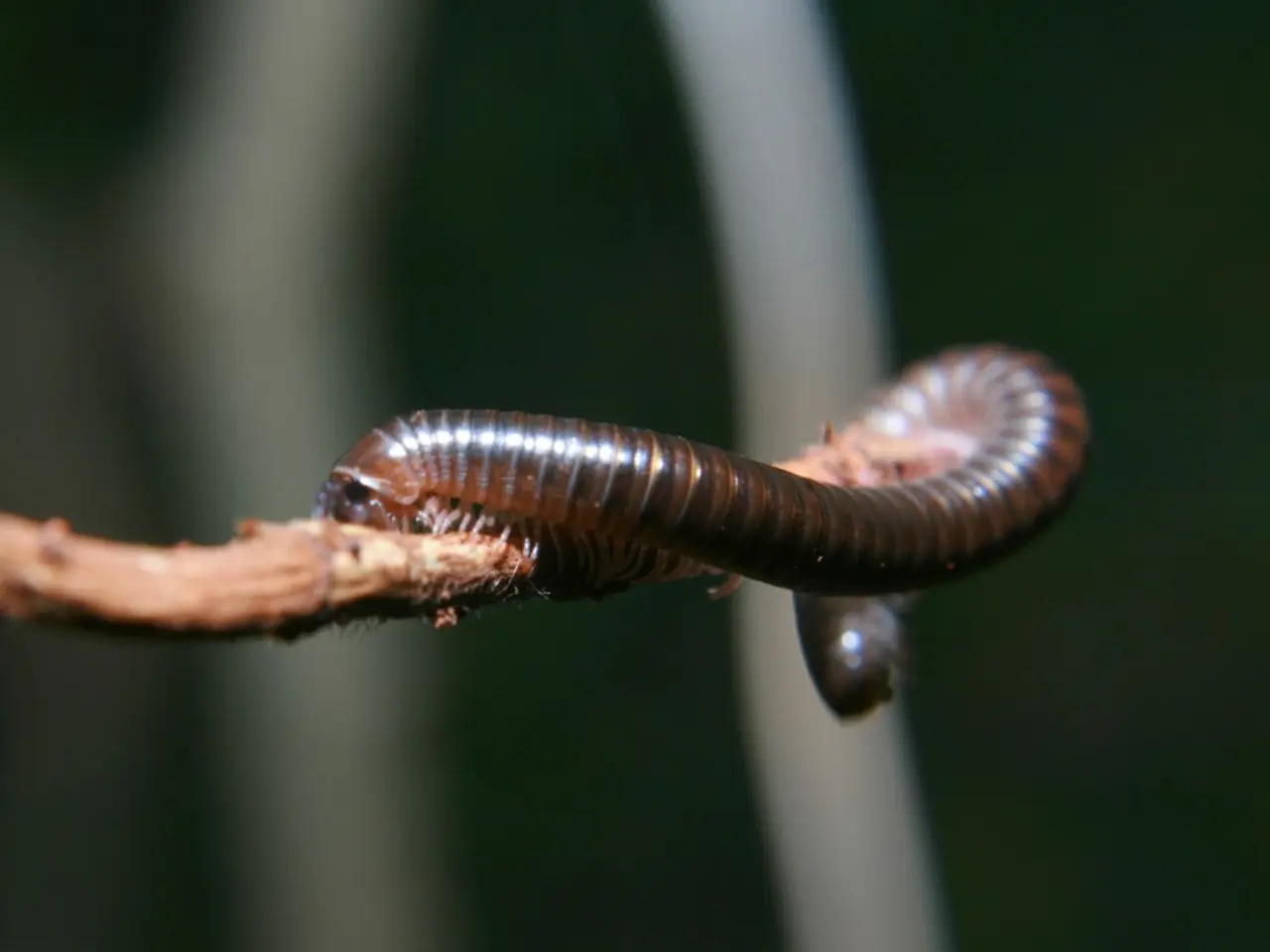Mammalian Stem Cells' Hidden Defense Against RNA Viruses Unveiled
Scientists at London's Francis Crick Institute have discovered a remarkable defence mechanism in mammalian stem cells. This mechanism, RNA interference, protects these cells from RNA viruses like SARS-CoV-2 and Zika virus. The protein behind this protection, antiviral Dicer (aviD), cuts up viral RNA to prevent replication.
Previously, it was believed that this mechanism had disappeared in mammals during evolution. However, the Crick's researchers have found that aviD plays a crucial role in protecting stem cells, which lack the ability to trigger an interferon response. In a study published in Science, they demonstrated that aviD reduces SARS-CoV-2 infection by three times in human cells. Furthermore, in mouse brain organoids, aviD presence reduced Zika virus and SARS-CoV-2 infection and promoted faster growth.
The team plans to create a mouse model to further investigate the effects and importance of aviD in mammalian stem cells. Unfortunately, the authors of the study are not mentioned in the provided search results.
The discovery of aviD's role in protecting stem cells from RNA viruses has significant implications for understanding and potentially combating viral infections. The Francis Crick Institute continues to unravel the complexities of human biology, with this finding being a testament to their dedication to biomedical discovery.







